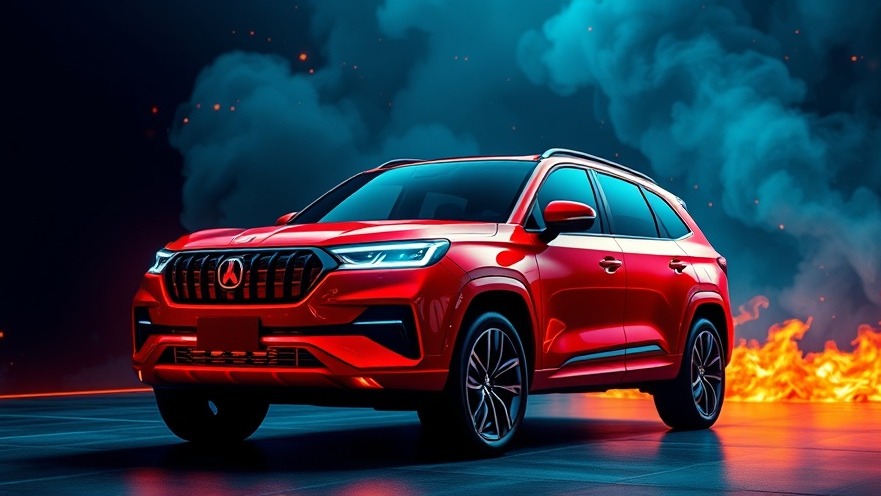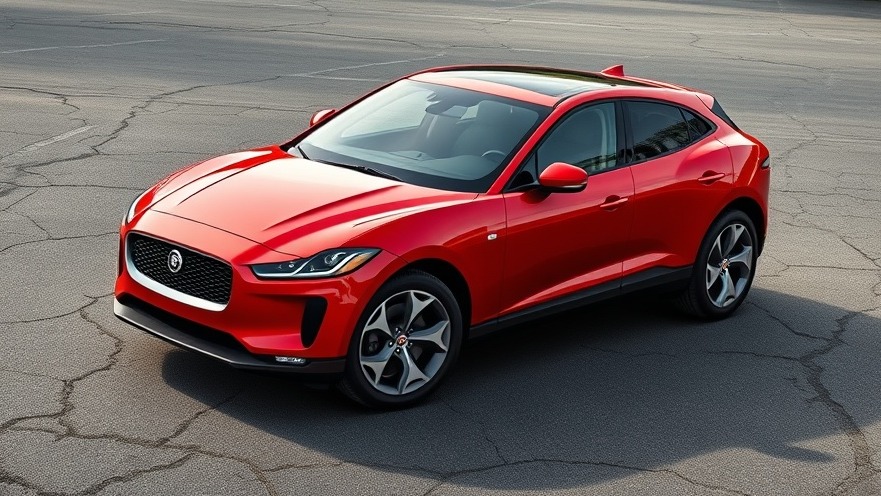
Why You Should Avoid These 21 Engines If You Value Reliability
If you’re an auto owner, have you ever considered how much you trust the engine under your hood? Vehicles are designed for longevity, yet one in five engines won’t make it to 100,000 miles. Some die even quicker, before reaching 40,000 miles. It’s a startling statistic that speaks to the reliability challenge facing many drivers today. In case you missed it, we analyzed a recent video titled 21 WORST Engines That DIE Before 40,000 Miles (DON’T BUY), which exposes a tier of engines that have earned bad reputations for their fragility and high maintenance costs.
In the video 21 WORST Engines That DIE Before 40,000 Miles (DON’T BUY), the discussion dives into unreliable engines, revealing crucial insights that we’re expanding on.
Understanding the Financial Risks
Engines like the Land Rover 3.0 L SDV6 might whisper luxury but are hidden financial traps—costly and unreliable. The Land Rover engines, for example, are notorious for warnings flashing only after it’s too late for preventative measures. They represent luxury under the guise of reliability but often lead to $13,000 repairs for their unsuspecting owners.
A common theme across many of these troublesome engines is the expensive repairs they prompt, often outpacing the initial bargain price of the vehicle. This attribute places the 3.0 L TDV6 and BMW N63 V8, among others, at the top of the watch list, marking them as poor financial investments.
Every Owner Should Know These Facts
For anyone in the market for a used vehicle, it’s crucial to know about engines like the Isuzu 3.0 V6 D-Max and Subaru 2.0D. The D-Max engine was designed for rugged conditions but has issues with poor fuel, resulting in costly injector replacements. Likewise, the 2.0D Subaru boxer engine reportedly suffers from soot build-up that affects performance and incurs hefty repair bills—sometimes exceeding $1,000 for simply restoring function.
Simply put, knowing about engine issues before making a purchase can save you from enduring stress down the line. Taking the time to research and understanding these potential pitfalls can make a significant difference in your car ownership experience.
Current Events & Reliable Choices in Engines
As major manufacturers shift their focus toward sustainable and efficient options, understanding which engines hold up under pressure is more important than ever. Recognizing that many of these engines failed before even seeing 40,000 miles highlights a trend requiring increased scrutiny by consumers. It’s a challenge for auto owners who strive for reliable transportation, especially when you consider the rising costs of vehicle maintenance.
Before you buy, be informed about specific models. The video identifies engines from various manufacturers, including luxury brands like Audi and Subaru, revealing that their seemingly robust engineering often masks fundamental weaknesses.
Making Smart Decisions When Buying a Car
So, what can you do? Start by checking the specific engine models in question. Engines such as the BMW N63 V8, known for their early coolant leaks, or the Alfa Romeo Twin Spark engines which demand excessive oil changes, should be avoided. Being proactive about reading reviews and identifying red flags can significantly lower your risk of investing in a car with a problematic engine.
Consider seeking out models known for their reliability; do your research, and turn your focus to manufacturers renowned for quality and longevity. For instance, certain Japanese vehicles stand out as they often feature engines built to last beyond 200,000 miles.
Practical Tips to Avoid Engine Trouble
Feeling overwhelmed by the myriad of choices? Here are some actionable insights:
Research First: Make sure to look into the reviews and performance history of engine models.
Pay Attention to Common Repairs: Some engines incur frequent issues; knowing what to expect can prepare you for future costs.
Consult Mechanics: Speak with trusted mechanics who can provide insights into specific models or engine types.
The first step to ensure you don't fall into the trap of owning a bad engine is all about information gathering. Engines can be ticking time bombs for unsuspecting buyers, and staying informed is vital.
Before making your next purchase, take a moment to scrutinize those engines that fell under the spotlight in the video. You’ll find that arming yourself with knowledge is your best defense against costly repairs.
Ready to make a smart choice in your next car? Research engines thoroughly and don't forget to consult a professional mechanic. Your wallet will thank you!
 Add Row
Add Row  Add
Add 




 Add Row
Add Row  Add
Add 

Write A Comment